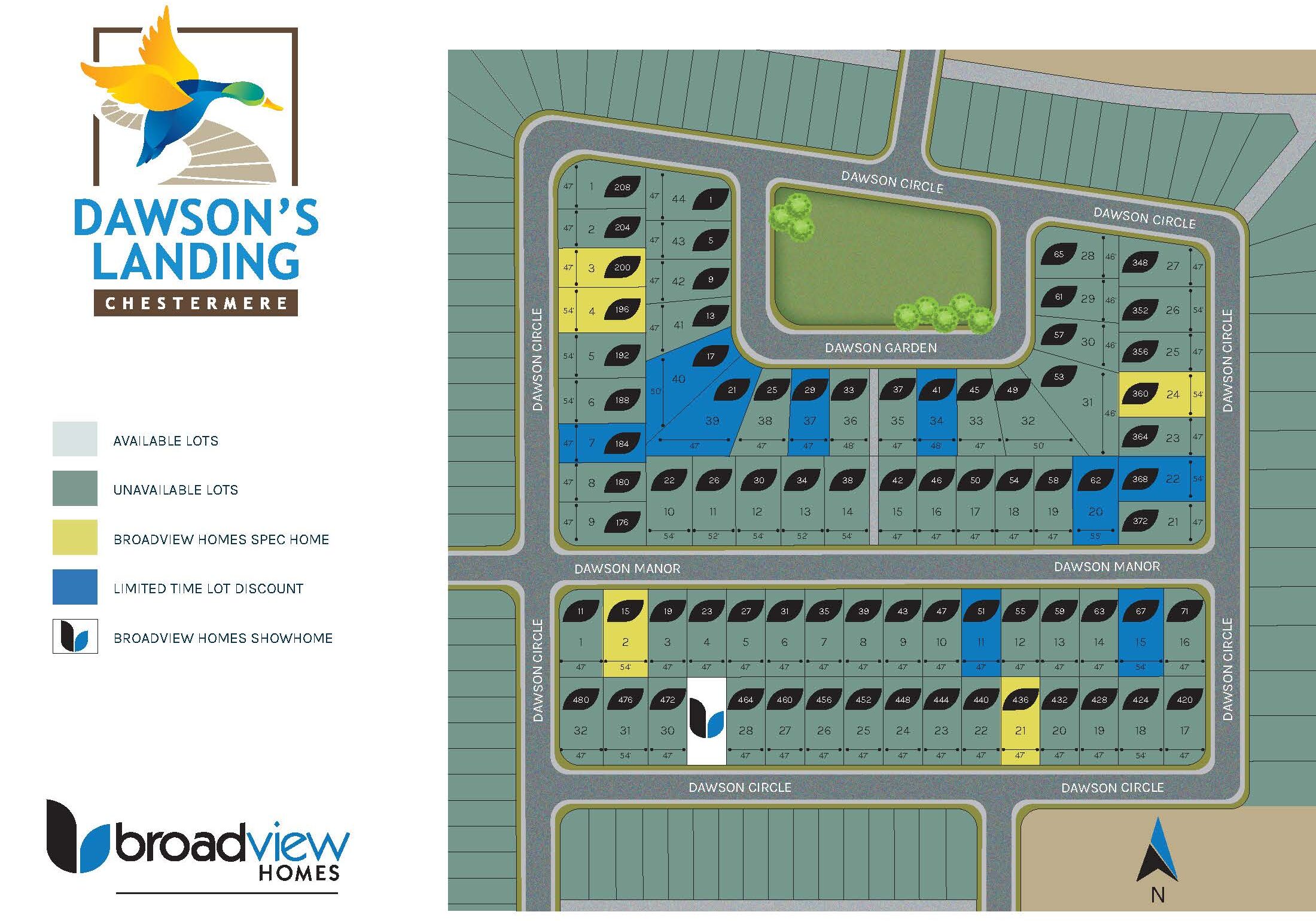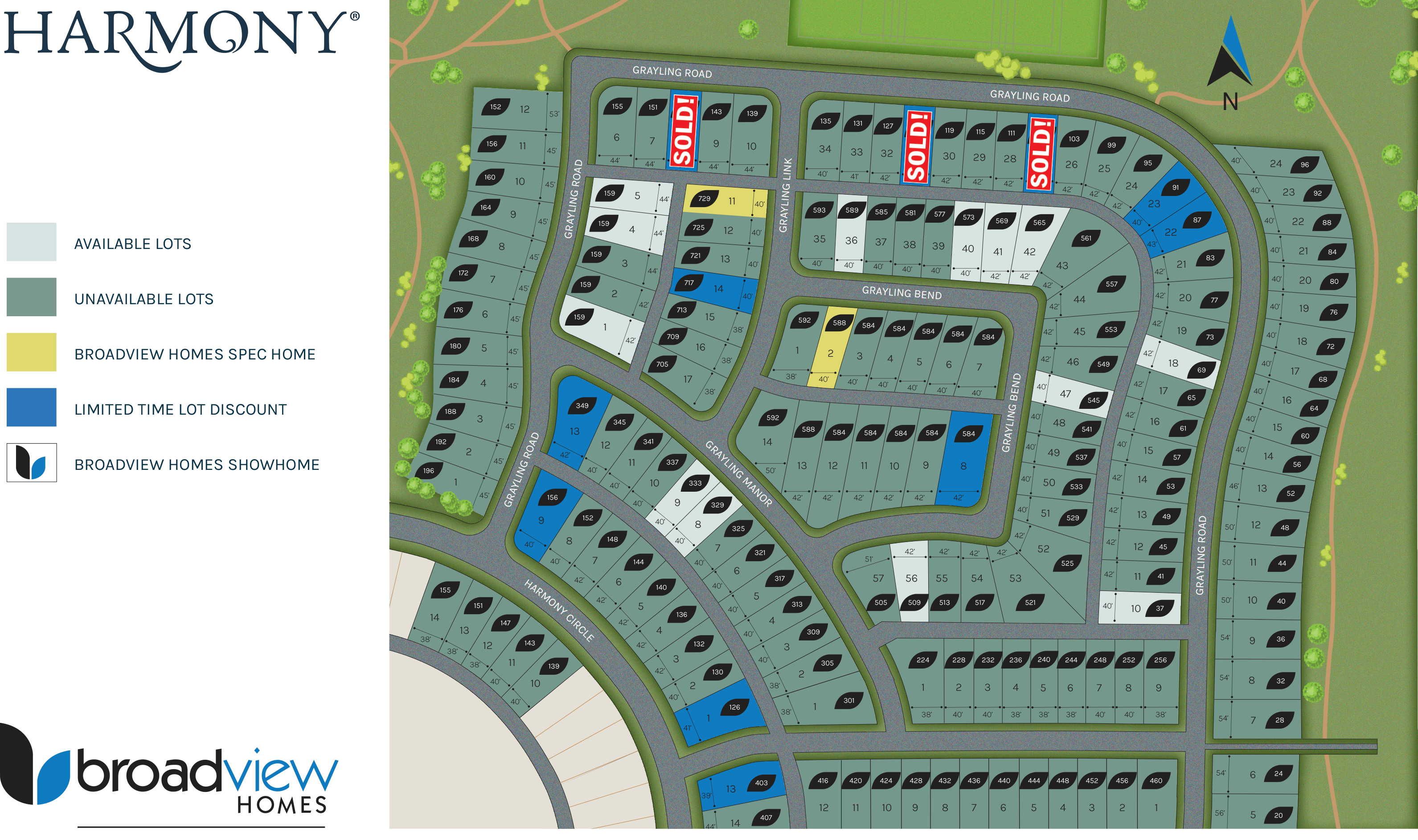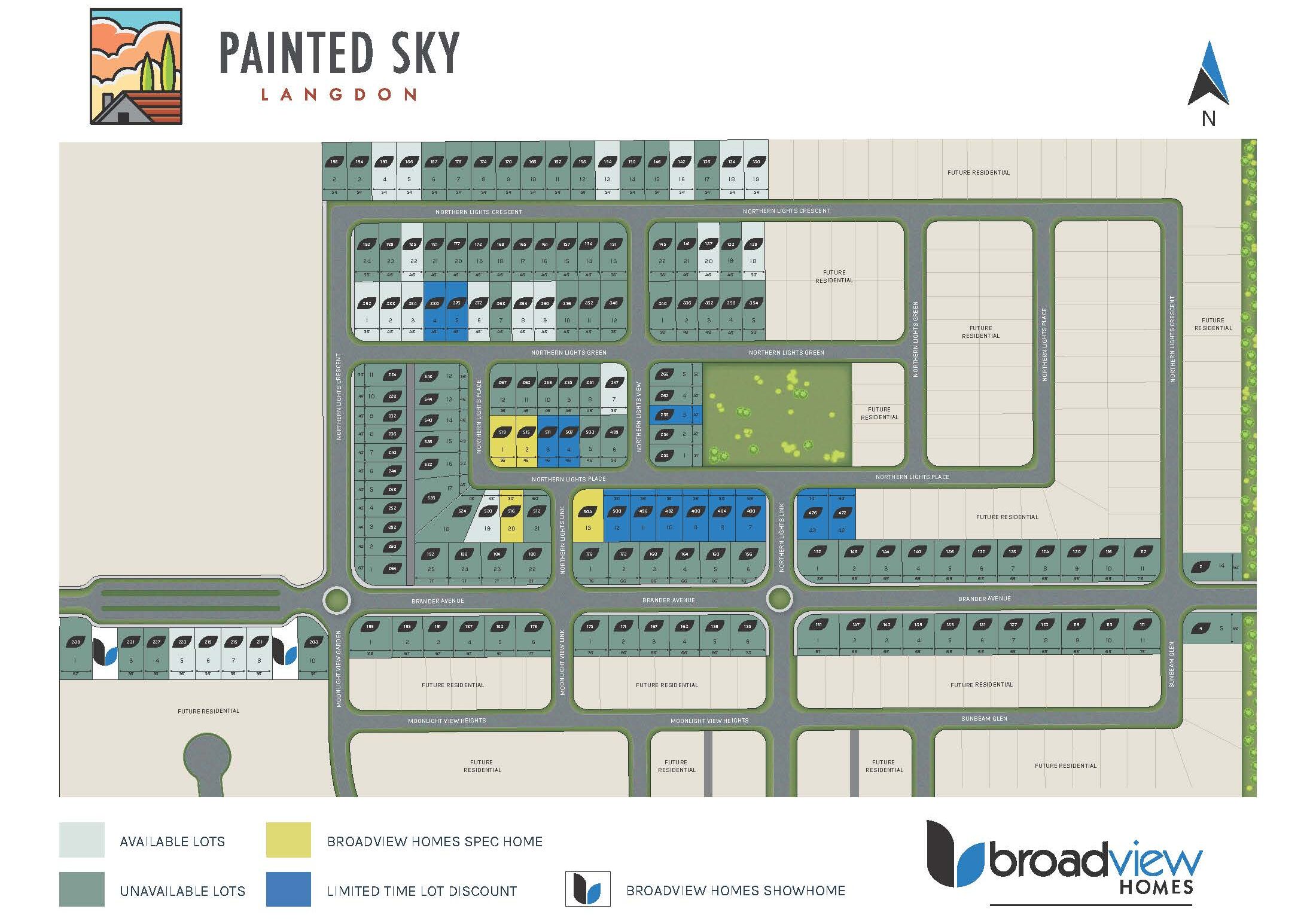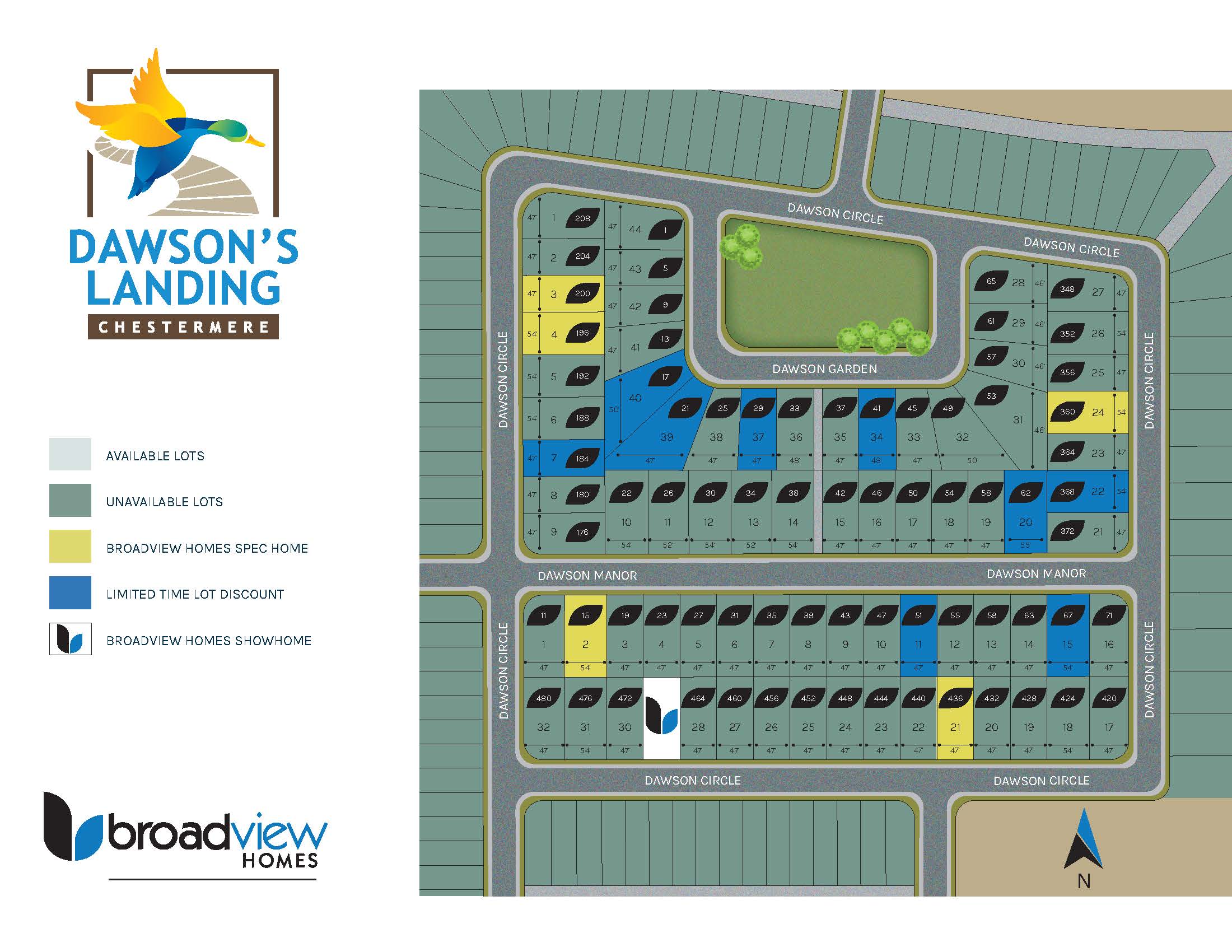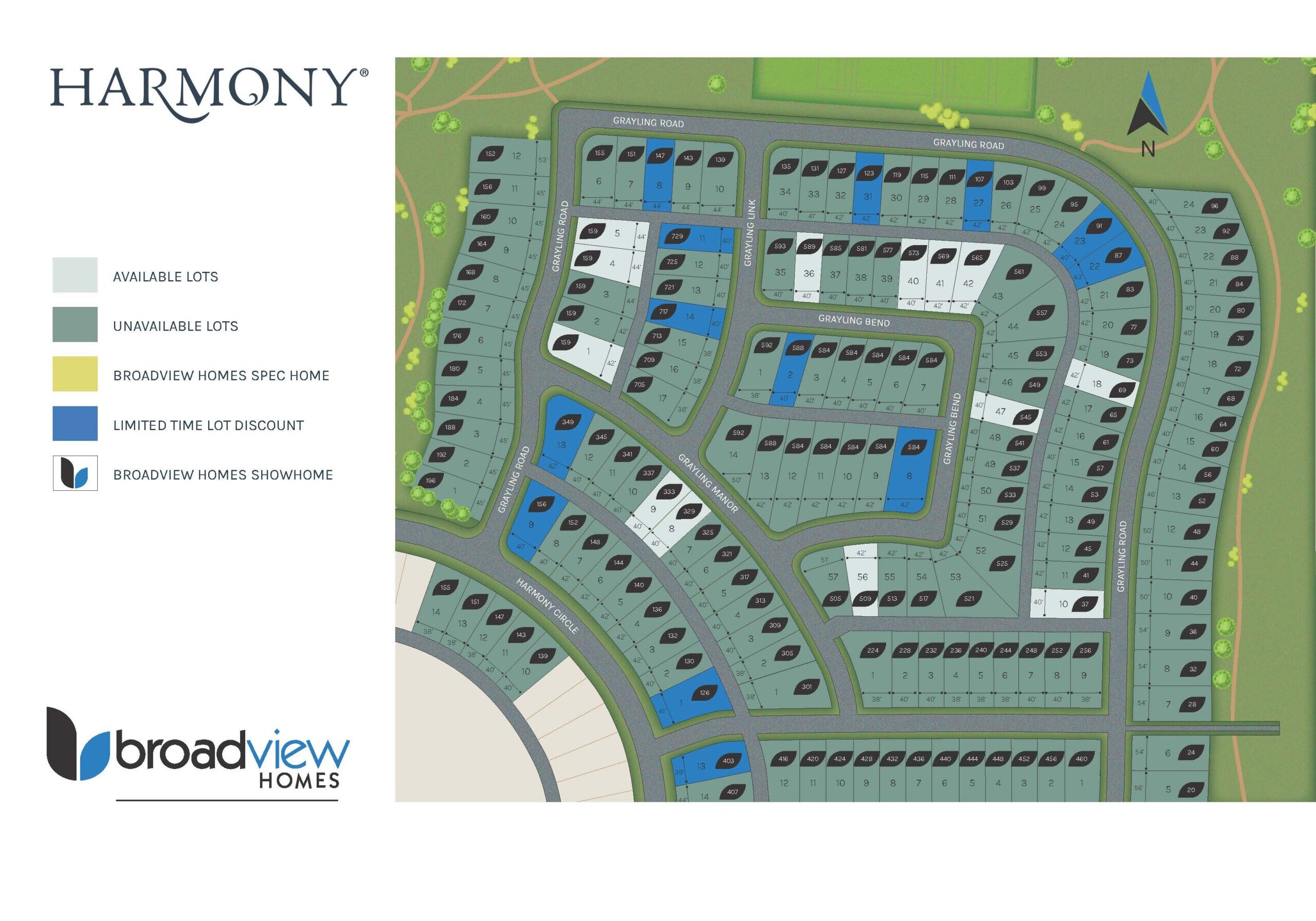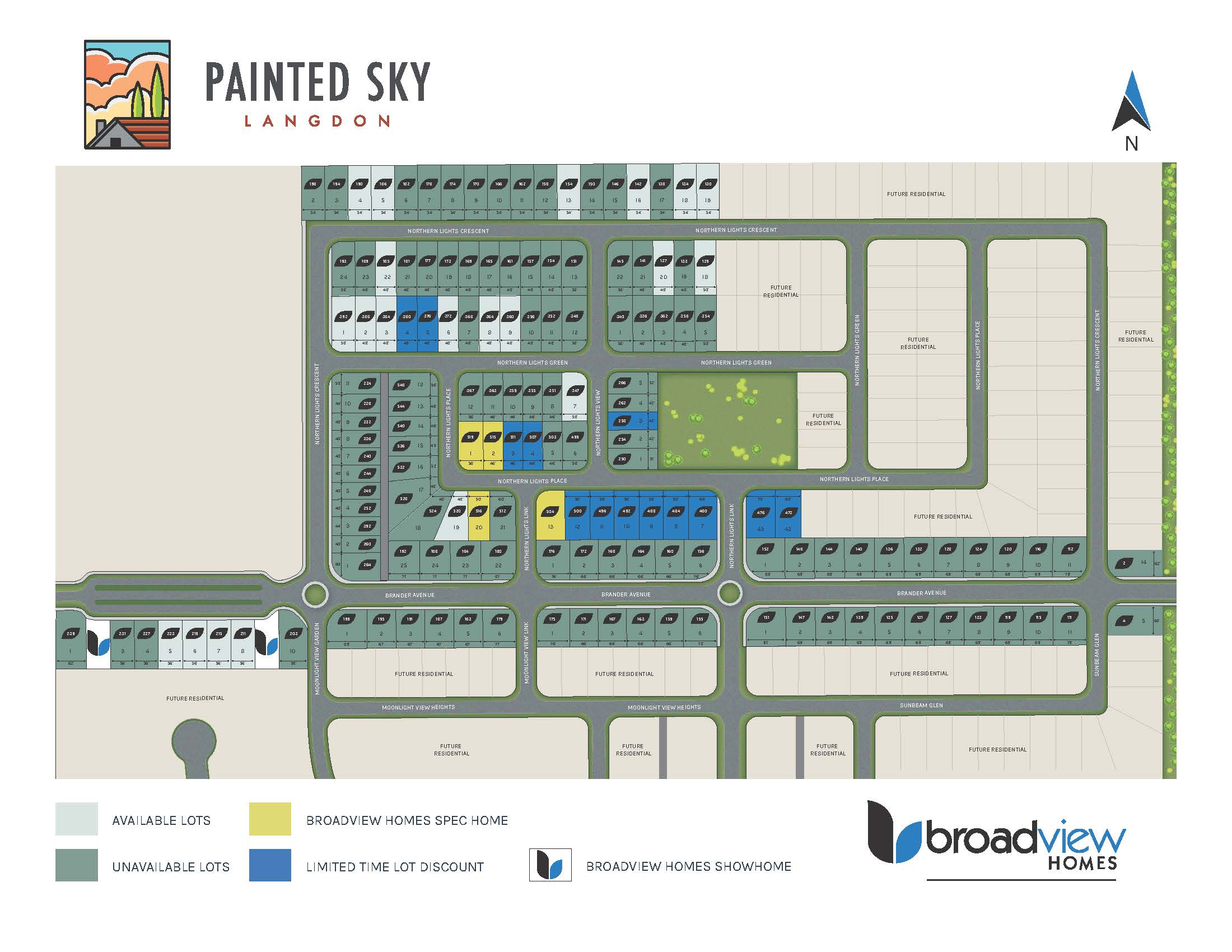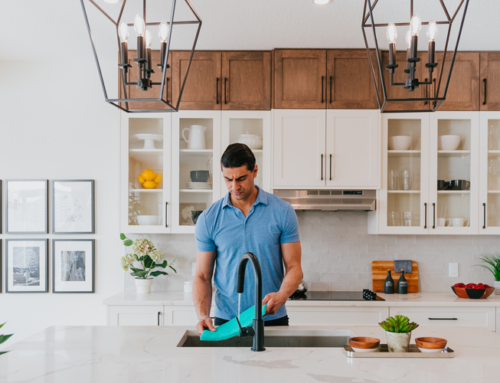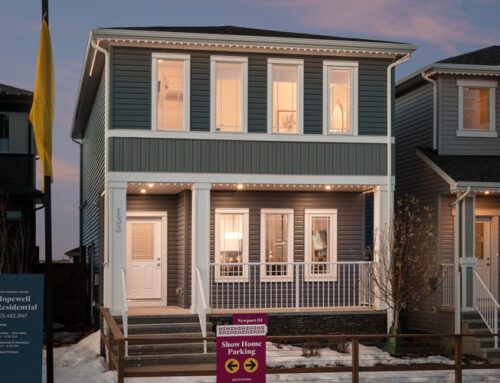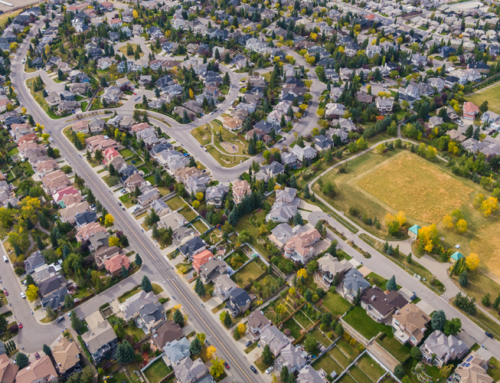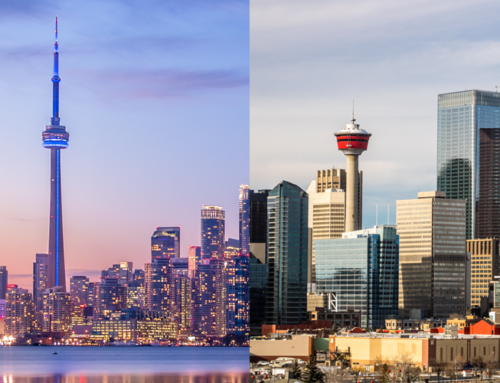 Purchasing a new home is an exciting prospect and a big decision – knowing just how much home you should buy can help to keep stress at bay and allow you to enjoy this exciting time more. Whether looking for your first home or moving up the real estate ladder, the home types and features on the market can make committing to something at the top of your budget awfully tempting. Before you start shopping, you’ll want to get a clear picture of what you can (truly) afford.
Purchasing a new home is an exciting prospect and a big decision – knowing just how much home you should buy can help to keep stress at bay and allow you to enjoy this exciting time more. Whether looking for your first home or moving up the real estate ladder, the home types and features on the market can make committing to something at the top of your budget awfully tempting. Before you start shopping, you’ll want to get a clear picture of what you can (truly) afford.
Breaking it Down
Even when you’ve saved a massive down payment for your home, it’s crucial to have the means to live in it. For this reason, the Canada Mortgage and Housing Corporation (CMHC) has created guidelines to help you determine a sustainable mortgage amount:
- Gross debt service ratio (GDS) – This is defined as the percentage of gross annual income needed to cover home related expenses such as your mortgage payment and interest, property taxes and condo fees. These expenses should take up no more than 32% of your annual income.
- Total service debt ratios (TDS) – This pertains to your debt load in particular as your debts should not exceed more than 40% of your monthly household income.
When it comes to purchasing a new home, these are important numbers to know! Be sure to calculate your GDS and TDS ratios to get a handle on what you can reasonably afford.
Now that you know how to avoid buying more home than you can afford, here are a few reasons why this is important:
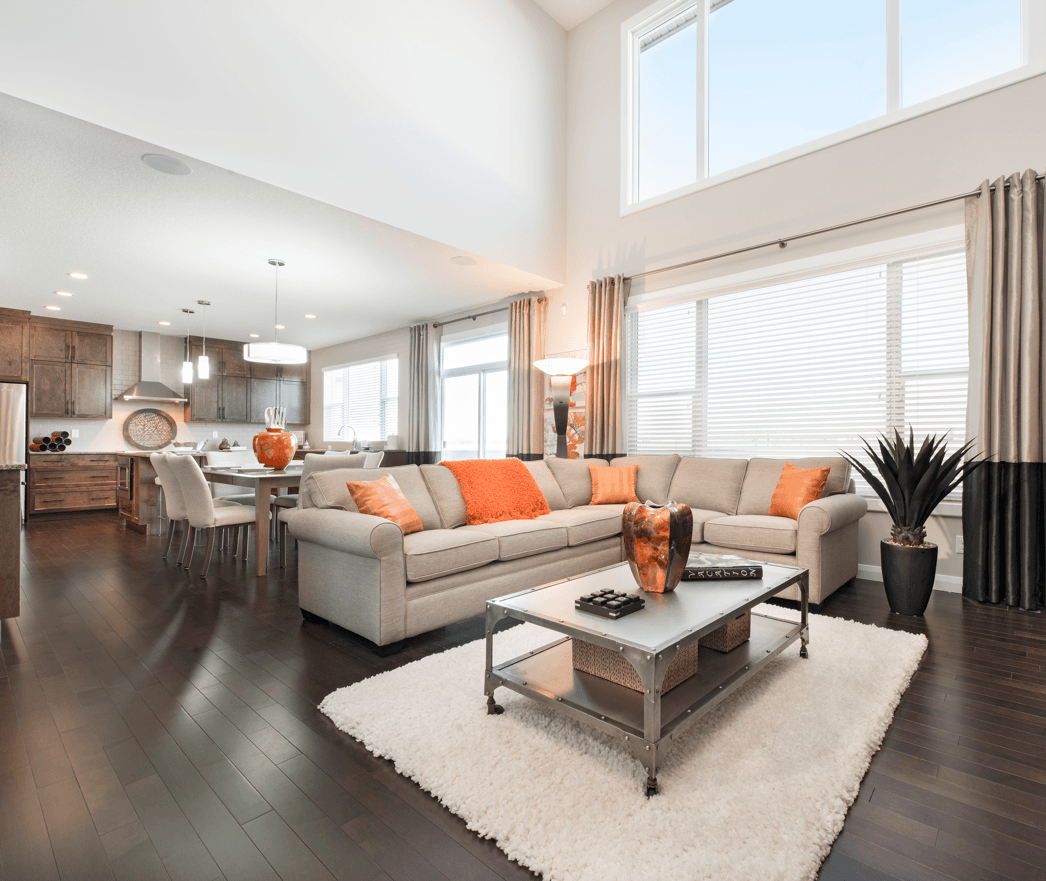 New House, New Stuff – It’s natural to want to update your furniture to match your new home. Perhaps you need new bedroom furniture for yourself or your children. Maybe now that you finally have a finished basement, you’d like a second living room.
New House, New Stuff – It’s natural to want to update your furniture to match your new home. Perhaps you need new bedroom furniture for yourself or your children. Maybe now that you finally have a finished basement, you’d like a second living room.
Whatever your plans you’ll likely want new items for your home and this means preparing ahead of time. Even if you don’t intend on making any major purchases right away, being able to save toward your goal will make it a reality sooner.
Landscaping – While a flexible builder will likely offer services or packages, new-home landscaping is not generally included in the purchase price. In fact, it’s recommended you set aside roughly five to ten percent of your home’s value for grading, sod, fencing, shrubbery or anything else that may be required according to community guidelines. In short, if you purchase a $450,000 home, expect to spend at least $20,000.
Maintenance – Purchasing a new build minimizes your maintenance costs; however, if you’re opting for a resale home, you may need to save away to pay for repairs or renovations. Older homes are far more likely to have unforeseen problems and/or outdated features. For this reason, you’ll want to have additional funds set aside.
Utilities – Moving to a larger home means more breathing room for everyone in your family, but the increase in square footage can also mean higher utility costs. Fortunately new homes are increasingly being built with energy efficient systems and money-saving building materials so you’ll likely only see a slight raise in your monthly bills; still, it’s something to prepare for.
Life Happens – Another reason to ensure your home is well within your means is, well, life. From job changes and family vacations to college funds and credit card payments, you’ll want to be able to afford whatever comes your way. While the priciest home you can afford may seem appealing now, making sure your mortgage payment is reasonable will help you live the life you want, in the home you want, for years to come.
A Never-Ending Mortgage – Mortgages are a fact of life for many people; but the less you borrow, the sooner you’ll be able to pay it off and enjoy the freedom that comes with that great accomplishment. One sure way to make living in your beautiful new home even better? Living in it debt-free!
You’ve worked hard to buy your new home – make sure you enjoy it by living within your means. Keep the above information in mind and talk to your builder about your options. A good builder will work hard to find you a beautiful new homes that fits your lifestyle and your budget – and it is out there!
{{cta(‘8bb49c2a-7ce1-48b5-9362-ab62a6f032c0′,’justifycenter’)}}

